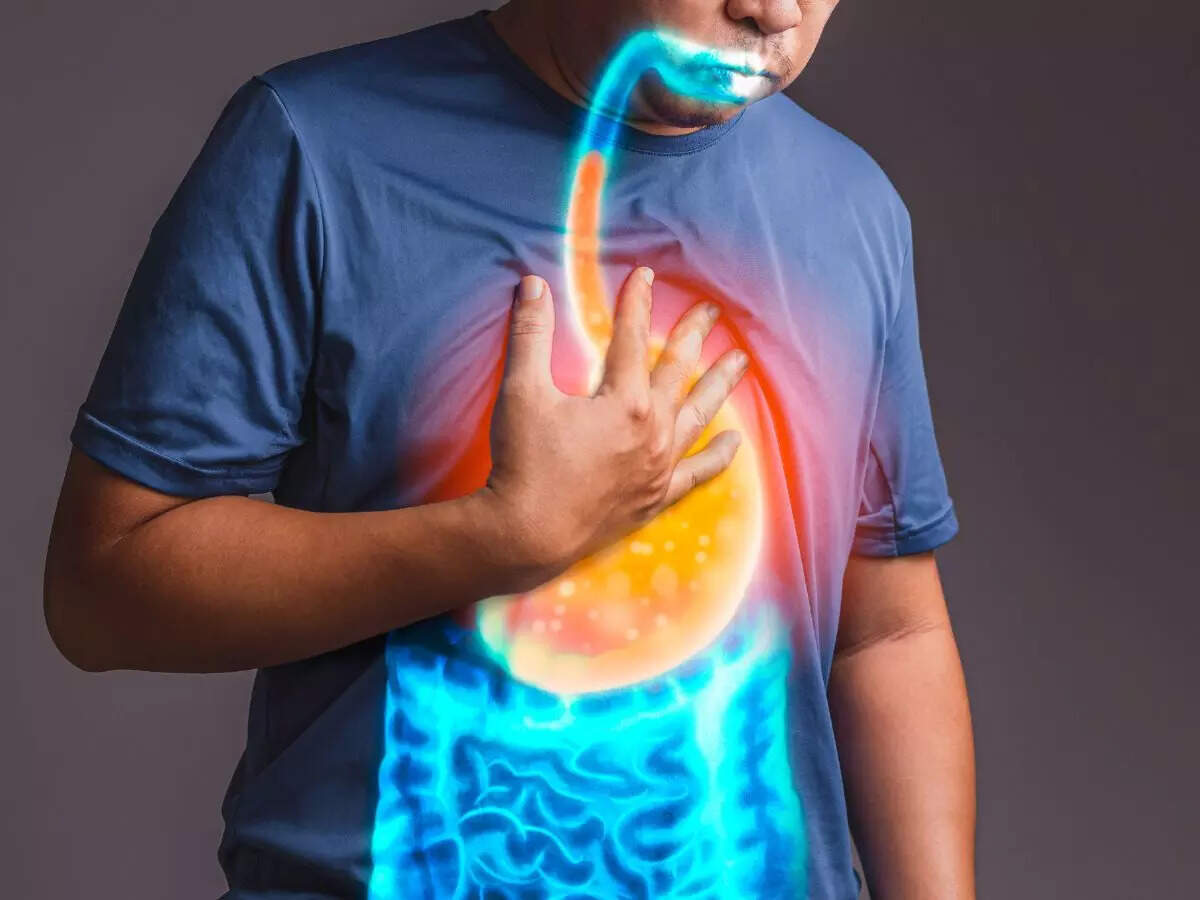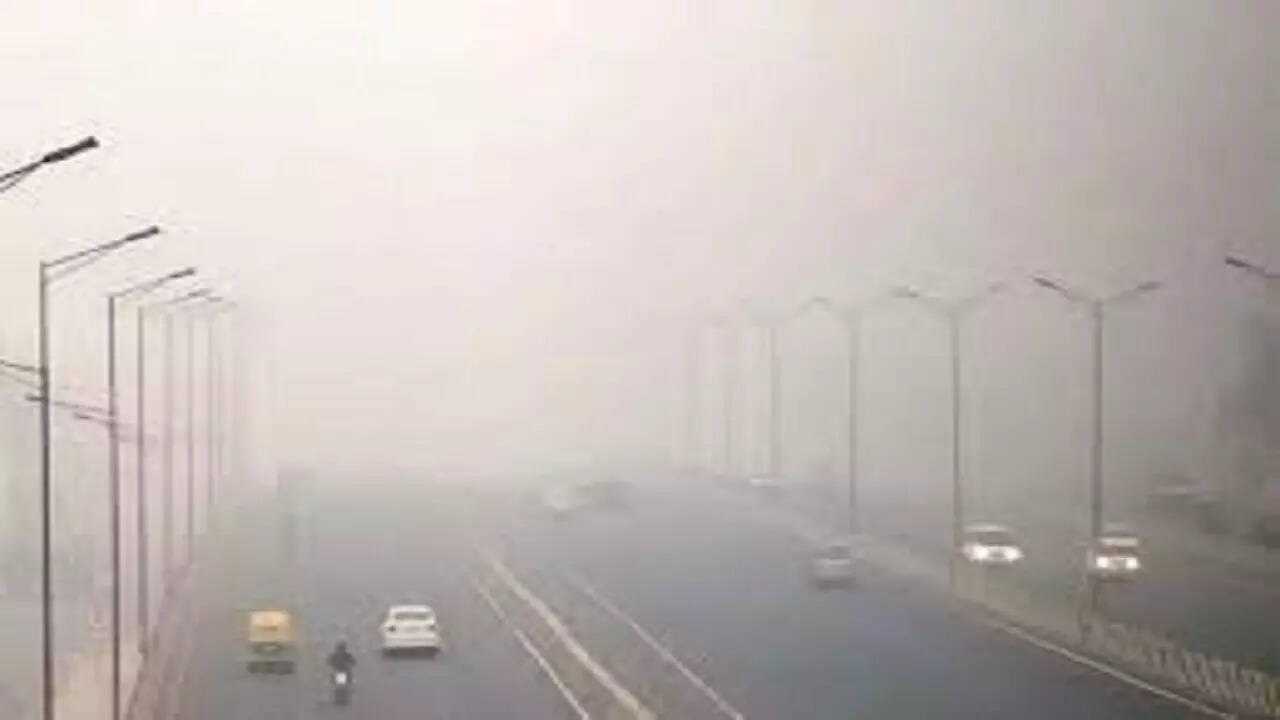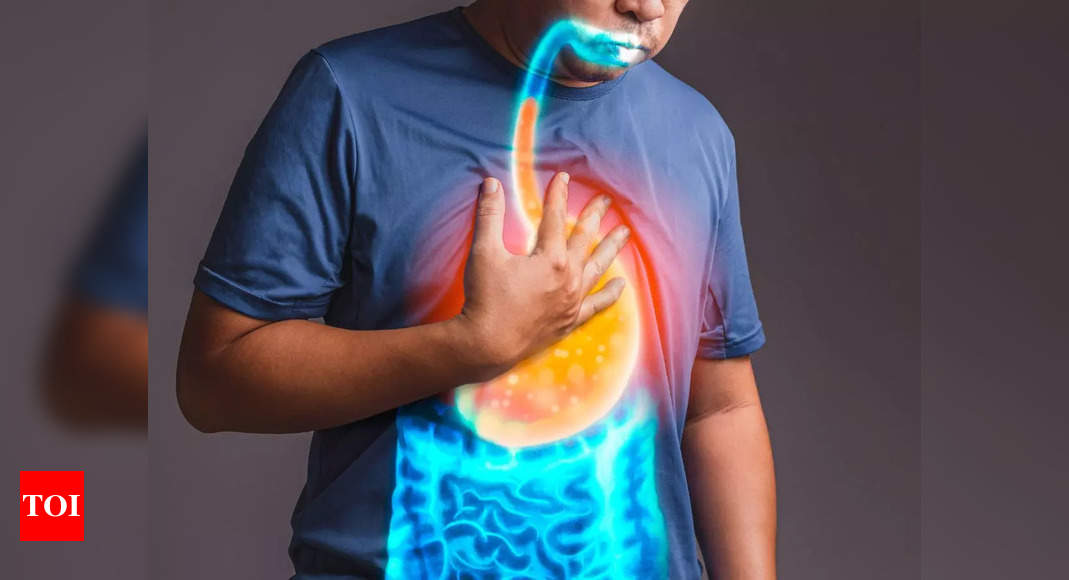Rise in chest infections and pneumonia due to air pollution; steps to stay safe – Times of India
According to Dr. Nevin Kishore, Head of Bronchology & Senior Consultant – Respiratory Medicine, Pulmonology, Max Super Speciality Hospital, Gurugram, “We are seeing a slight increase in the incidents of respiratory conditions in people and OPD consults have gone up by 15 to 20 % with people complaining of breathing difficulties & cough. This is partly due to the pollution and partly to the cold and the onset of winter. Every year at the onset of winter there is an increase in viral infections which affect the throat and the chest.” Patients who are most vulnerable to get chest infections and pneumonia are the elderly and the children. Elderly people with multiple medical problems like heart disease, diabetes, kidney disease or other chronic illness are the most affected. Pollution also makes them more vulnerable. During this time of the year we have observed an increase in chest infection and pneumonia due to the cold air, viral infections, bacterial infections. We are seeing about a 10- 15 percent increase in hospitalizations because of chest related illnesses, pneumonia and patients with asthma/ COPD having acute breathlessness attacks also because of the above reasons, he further added.
Word of caution for parents

Parents are naturally worried about their child’s well being and the respiratory infections. Dr. Rajiv Chhabra, Chief Paediatric, Daffodils by Artemis Hospital Gurugram shares, “Lung infection or pneumonia is one of the most common cause of Under 5 mortality in India, the most common causes are attributed to bacterial and viral infections but the secondary factors which can predispose a child to lung infection can be second hand smoking, air pollution, inadequate hygiene, improper nutrition, access to vaccines and medications.

Symptoms should be identified at the earliest to efficiently treat the problem at hand ensuring speedy recovery. “The symptoms are rapid breathing, labored breathing where nasal and chest muscles are working, decreased intake of feeds, high grade fever, bluish discoloration of limbs, low Oxygen saturations, grunting noises, irritability and crying. If the child is not having a serious issue, the doctor would start with oral antibiotics and symptomatic treatment but if the disease is florid or patient presents late to the doctor, the child may require admission and intravenous antibiotics,” adds Dr Chhabra.
Prevention
Prevention is a cure and that is why it is extremely important to take preventive measures to stay safe from severe health issues. Dr Kishore shares the preventive strategy…
● All patients above the age of 60 should get flu vaccines , pneumonia vaccines are also advised for the vulnerable population. Those with chronic diseases should get flu and pneumonia vaccines
● Those with lung disease should be taking their medication regularly as prescribed with inhalers
● Avoid going outdoors if you can. Children should not be playing outside when the AQI levels are high. People should stay indoors as much as possible. If they are to go out, they should cover their mouth with a wet cloth so that they do not inhale mutants, diesel fumes and cold air
● They should keep themselves warm and have warm fluids to prevent diseases like pneumonia especially in the elderly and those who are vulnerable as mentioned above
● Patients who are diabetic or hypertensive should take their medication regularly. If they are on insulin, take that regularly and keep their blood sugars and pressure well under control because at this time if the BP or sugar remains poorly controlled, they become more vulnerable to pneumonia and chest infections.
Adding prevention steps for children, Dr Vaidehi Dande, Child Specialist and Neonatologist at Symbiosis Hospital, Mumbai says, “Home isolation of children having respiratory infections is important to prevent spread to other children. Avoid visiting poorly ventilated and overcrowded places. Avoid frequent physical contact like hugging, kissing. Regular servicing of air conditioners, allowing cross ventilation at home and schools is important too. When the air quality is better, children should be encouraged to exercise and play outdoor sports. Vaccination against influenza, H Inflenzae and Pneumococcal infections are essential.”
For all the latest lifestyle News Click Here

